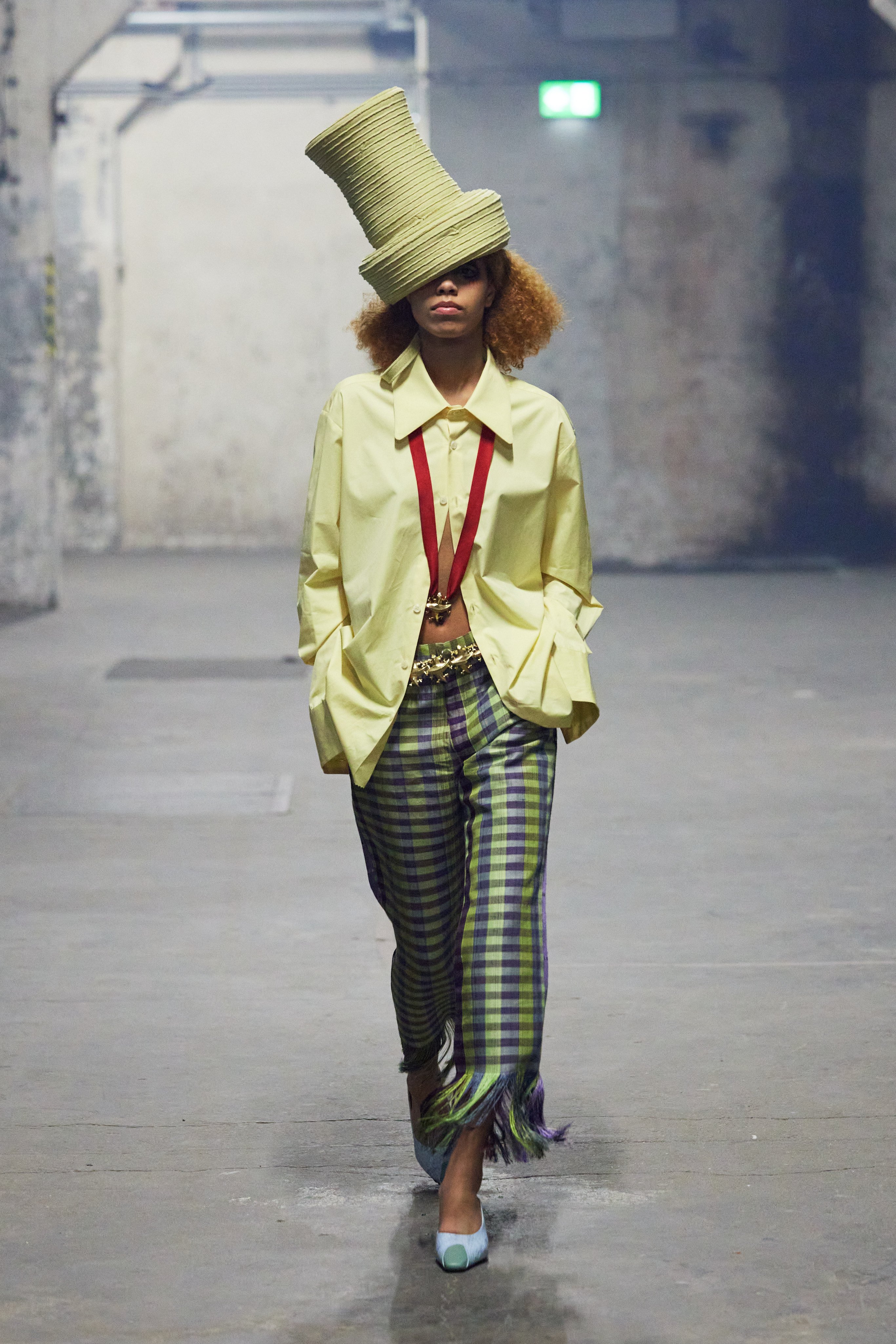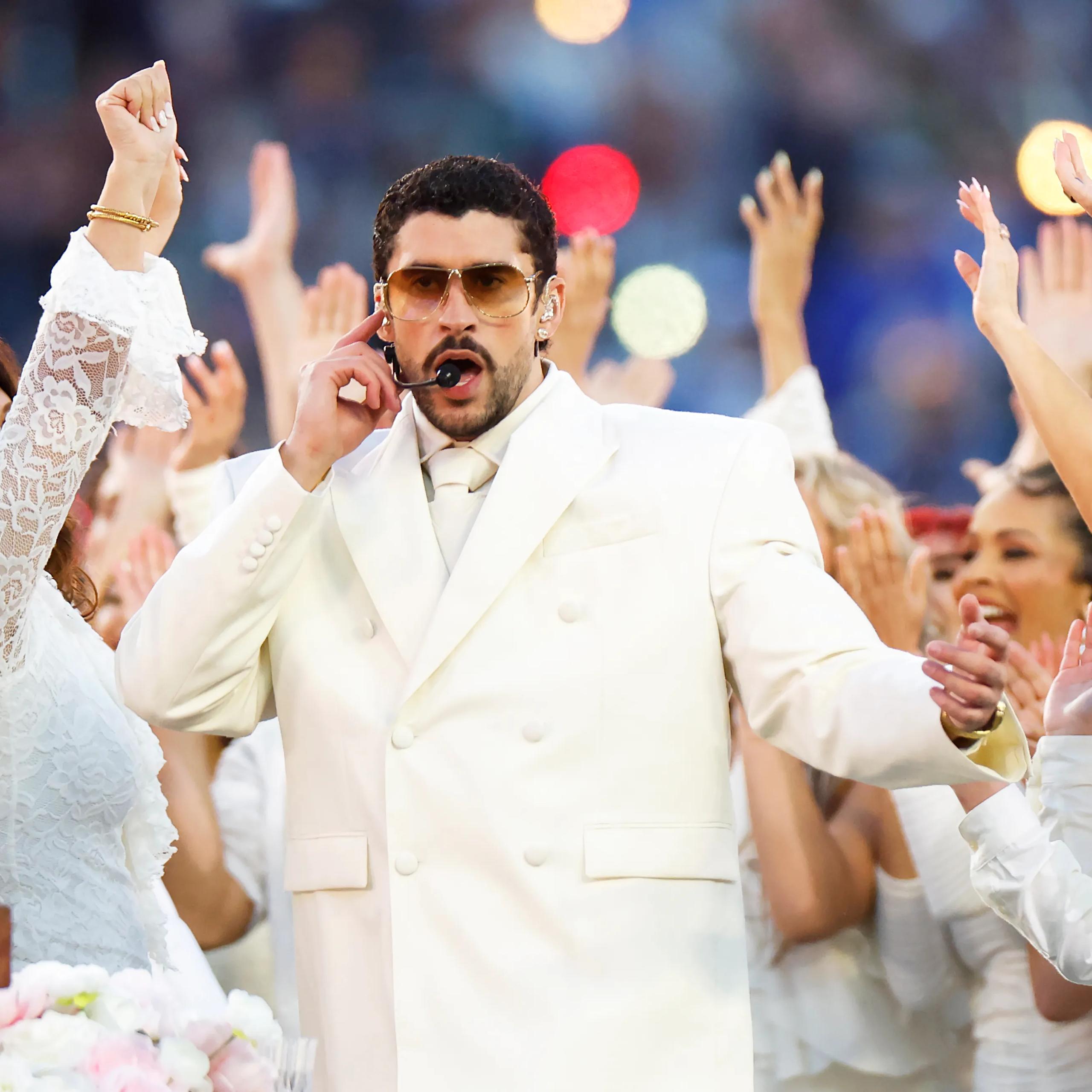The 8th of March is the celebration of Women’s Day, and the rest of the month marks the significance of women’s history around the world. For every year of celebration, a theme is chosen—one that encapsulates a strong, timely message. This year’s IWD theme was "DigitALL: Innovation and technology for gender equality," a charge centered around the safety of and access to opportunities for women using all types of technology, including social media.
As a tool, the media is quite instrumental in how people perceive or view concepts, ideologies, and even personalities. Thanks to the growth of technology, the media has enhanced communication, increased access to opportunities, and overall improved the quality of life of millions of people around the world. However, it's impossible to overlook the drawbacks of the media, especially when it comes to the effects on the lives of black women.
Black women haven’t always been lucky when it comes to perception and representation in the media. Women in the spotlight often have to deal with incessant scrutiny from pop culture magazines, paparazzi, and the media at large. In hopes of changing the status quo, media and tech companies and regulators are encouraged to create safer spaces, and platforms for women to thrive and co-exist freely. Sadly, not much has changed just yet.

Barely hours into Tems’ first Oscars appearance, so many "think pieces" surfaced online about her dress. Many international magazines amplified echoes of her being a "rude, bratty, diva" amongst other names. For many people who have little to no knowledge about her, a narrative has been created, one that is hard to change but quite easy to fuel.

On the same night, Angela Bassett was accused of being a sore loser, for having a humane reaction to a loss, and what could have been her biggest night as an actress. Feeding into the "Angry Black Woman" narrative, a distasteful, malicious representation of women who simply dare to show dissatisfaction or discomfort in an uncomfortable situation.
If you’re wondering why it matters that black women in entertainment are treated with more grace and respect and are accorded the benefit of the doubt like their other counterparts, it’s because these narratives never just end in the media; they influence their real lives.

When Megan Thee Stallion’s shooting case first appeared online, the reception to her account was initial disbelief and minimal to zero empathy. A mob of social media trolls launched attacks on her credibility, calling her a "liar and whore" to discredit her entire story. By the end of the court case, so many tabloids had misreported the final verdict and fed into the already-brewing narrative that she was lying.
Why does it matter how the media have represented these women? It's because the media often sets the pace for narratives and ultimately plays a huge part in the portrayal of these women. By socialization, what we see and hear becomes ingrained in our minds and, by extension, sets precedence for how we address such situations in the future. That’s exactly why it is important that these conversations need to happen, and we can re-evaluate how black women in entertainment are regarded, especially by the media.
It's 2023; the world is progressive; women are more expressive, and rightly so. If there was ever a perfect time for a tone change when it comes to black women, it is now.
.svg)







.png)

